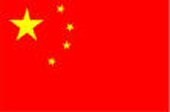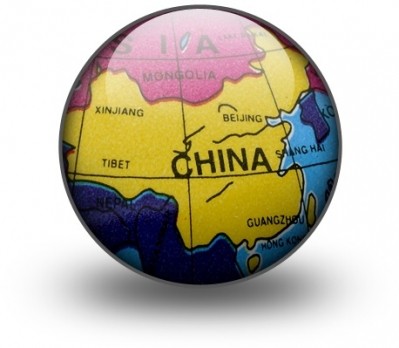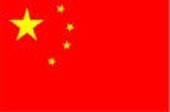China SFDA approves new cosmetic ingredients for the first time since 2008

According to the Chemical Inspection and Regulation Service (CIRS), this is the first time the administration has approved new cosmetic ingredients since taking over licensing responsibilities from the Ministry of Health in 2008.
"There have only been eight new cosmetic ingredients approved so far by China since 2004,” says a CIRS spokesperson.
Requirements
Both substances can now be used in cosmetics on the Chinese market provided that they meet the following technical requirements…
INCI Name | POLYMETHACRYLOYL LYSINE | Dimethoxytolyl Propylresorcinol |
CAS | 543700-70-5 | 869743-37-3 |
Main Use | Skin-Conditioning Agents | Adjustment of Skin Tones |
Scope | All cosmetics | Cream, lotion, gel, facial mask and other cosmetics. |
Limit | 3% | 2% |
Impurities | As <2mg/kg; Heavy metals<20mg/kg; and other restrictions. | Pb≤ 5 mg/kg; Methanol<0.3% and other other restrictions. |
Shelf | 3 Years | 2 Years |
What constitutes a new ingredient?
In China, a new cosmetic ingredient is defined as any natural or artificial cosmetic ingredient that is used in cosmetics in the country for the first time.
According to CIRS, an ingredient is not new if it meets the following criteria:
- The ingredient has been used in cosmetics in China before;anda safety assessment has been carried out.
- The ingredient is included in the Inventory of Existing Cosmetic Ingredients in China (IECIC 2003) and is not a banned substance
- The ingredient has been used in a licensed special use cosmetic product.
- The ingredient is part of a plant that has been approved as cosmetic ingredient.
Updated rules
Back in 2010, the regulatory body updated its rules for cosmetic companies looking to access the Chinese marketplace which involved a new step to the application process as well as introducing the idea of local agents to represent international players in the registration system to avoid any language barriers.
Moreover, the regulator also made clear that from then on, it was to be the sole regulatory body of cosmetics products and that this responsibility no longer fell to the Ministry of Health.









